Blaming public service won’t resolve procurement issues, but more resources and oversight needed, says Duclos
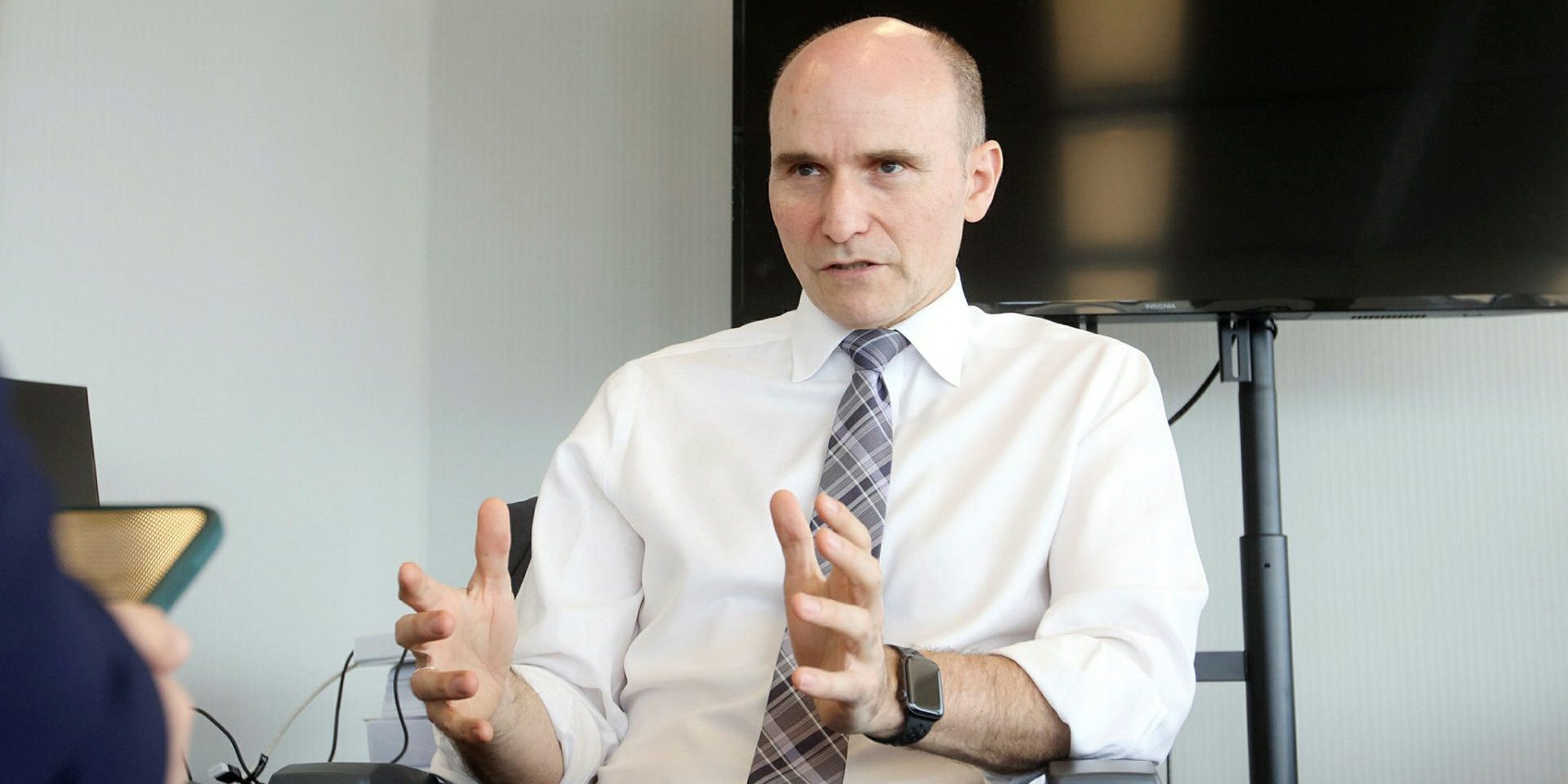
With millions of dollars of taxpayers’ money in question, a series of damning reports released by watchdogs, a dozen investigations into the ArriveCan application, and a historic public admonishment of a contractor, procurement has consistently made headlines this year.
Public Services and Procurement Minister Jean-Yves Duclos (Québec, Que.) reflected on a turbulent year in government contracting.
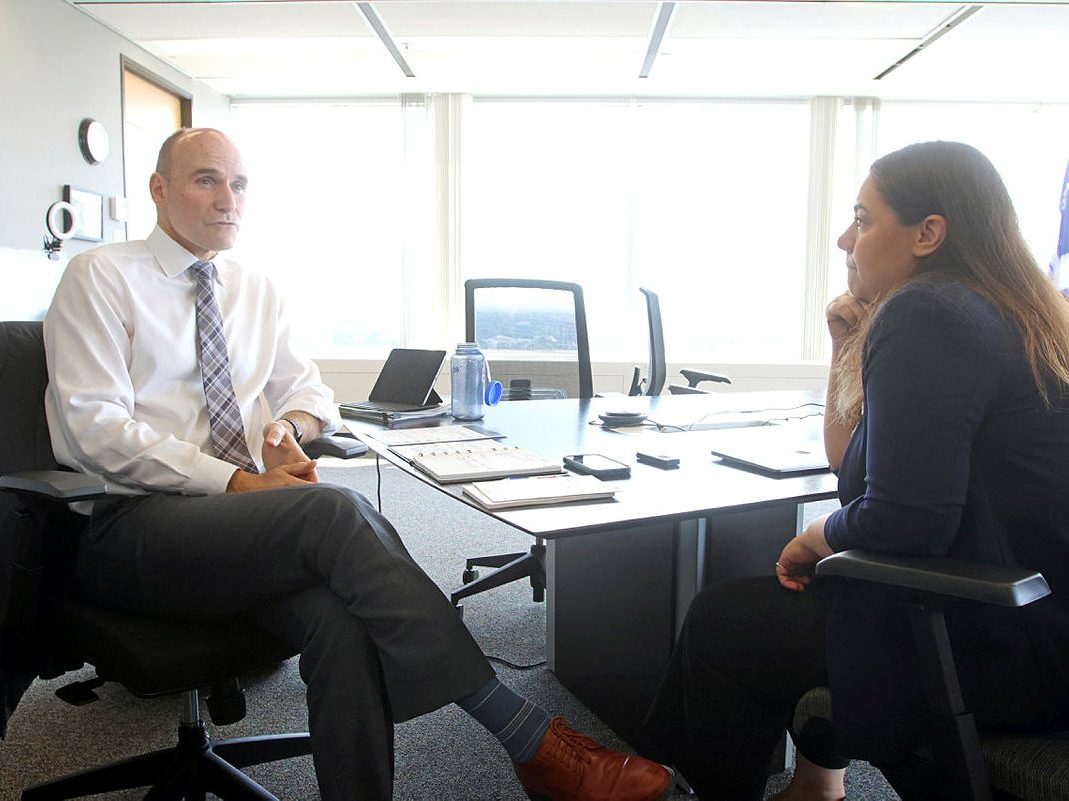
“It’s a different world in 2024,” Duclos said in a June 17 interview with The Hill Times, referring to the post-pandemic era with a rising cost of living, active wars around the world, and the climate crisis.
“My department happens to be a very central department when it comes to delivering services and goods to Canadians. … It’s been fascinating. Very good. Full of challenges, but also full of opportunities.”
Duclos transitioned from the Health file to overseeing Public Services and Procurement Canada (PSPC) when Prime Minister Justin Trudeau (Papineau, Que.) shuffled his cabinet on July 26, 2023. First elected in 2015, Duclos has previously served as president of the Treasury Board, and as minister of families, children, and social development.
Since Duclos took over his current portfolio, high-profile procurement projects worth millions of dollars—such as the nearly $60-million ArriveCan application, and the $200-million McKinsey contracts—have come under intense scrutiny. This past winter’s reports from the auditor general and the procurement ombud revealed serious procurement irregularities. The watchdogs also highlighted a significant lack of documentation.
“If you look at all the reports of the last few months, it’s always about documentation. … It’s been a matter of, ‘We don’t know’,” Duclos said about the reports’ findings. “No indication of fraud, but we can’t be certain because, again, we don’t have enough to be able to dig into it.”
Meanwhile, RCMP Commissioner Mike Duheme and Deputy Commissioner Mark Flynn told the House Public Accounts Committee last week that the RCMP is conducting multiple criminal investigations into federal government contracting, including an investigation into the ArriveCan app contract.
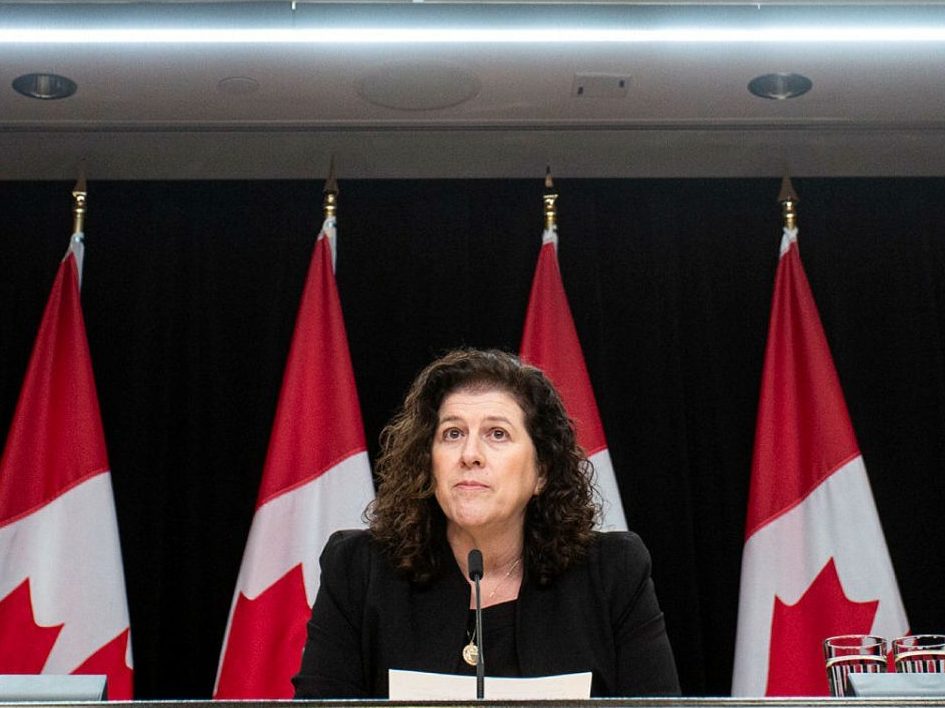
Auditor General Karen Hogan’s Feb. 12 report on ArriveCan estimated the overall cost of the application to be $59.5-million, but said the exact cost could not be determined due poor record keeping. Questions like who chose GC Strategies—the two-person IT firm at the centre of misconduct allegations—still remain unanswered, as public servants involved in the process provided contradictory testimony in parliamentary hearings.
“The issue of who signed the contract … that should be known. You need to record everything, so that people can look back and see what went well, and what should have gone better,” said Duclos.
The unknowns and contradictory information unveiled in committees further fuelled opposition MPs’ accusations of Liberal government fraud and corruption. Experts and politicos also pressed the government on where the buck stopped, and how those responsible will be held accountable.
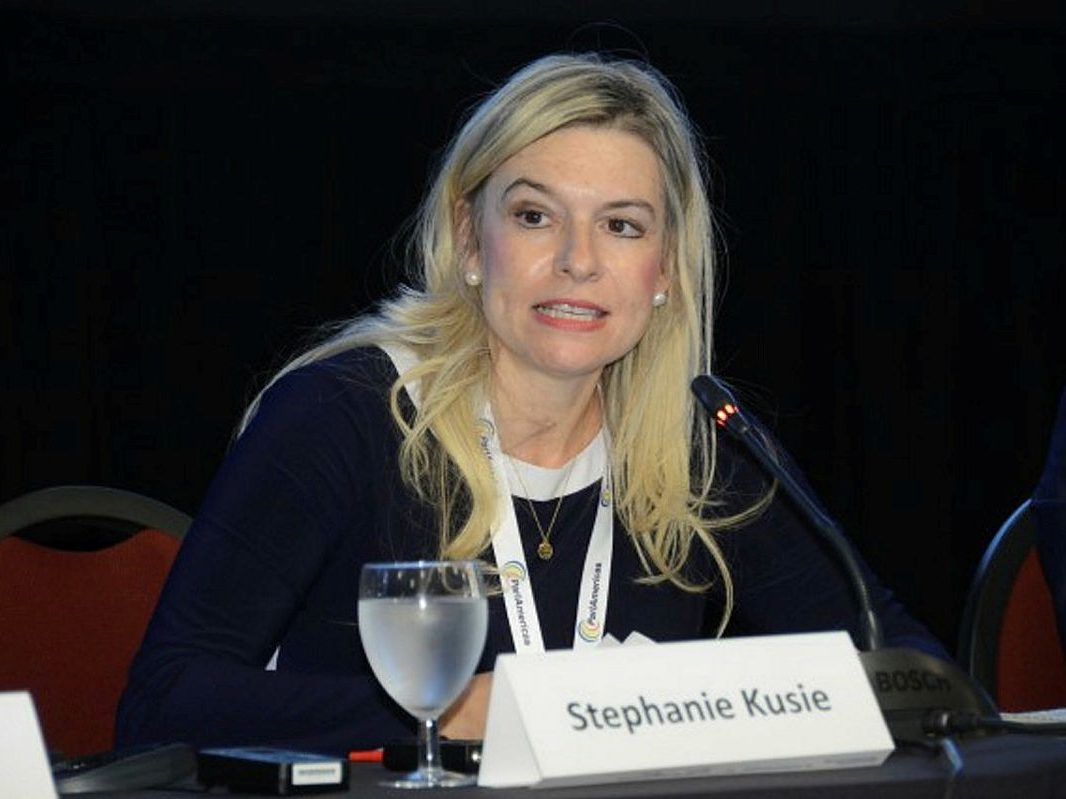
“There is a black hole of accountability. … Trudeau’s ministers must end the coverup, stop the lying, and come clean with Canadians on the ArriveCan corruption,” wrote Conservative MP Larry Brock (Brantford-Brant, Ont.) in a Nov. 15, 2023, Twitter post.
“ArriveScam: the biggest Liberal scandal yet. It will go down in history as more than just a failed application, but as the tip of the iceberg and as the canary in the coal mine of scandal and corruption within the current government,” Conservative MP Stephanie Kusie (Calgary Midnapore, Alta.) wrote on a Nov. 2, 2023 Twitter post.
Duclos reiterated his government’s stance of accepting the findings and recommendations of the independent auditors, and committing to improving the procurement process.
“There needs to be an appropriate level of oversight and support from the ministers themselves,” Duclos said.
“It is not enough to blame the public service. You need to provide them the resources that they need to do their work … including the dollars required to do these big things. But that comes with heavier responsibilities,” he said.
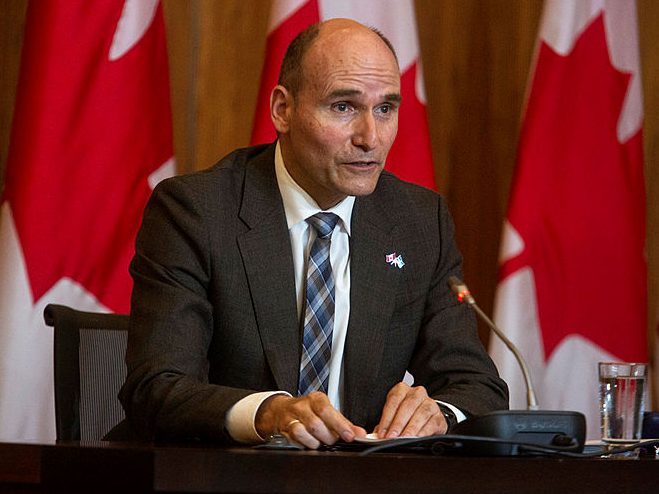
While the minister addressed the need for more resources to strengthen the public sector—something experts have long called for—he also stressed the importance of further discipline in the public service.
“There is also a need for a change in mentality, and culture on the part of the public service,” he said, adding that things need to be done in a way to ensure the integrity of the procurement process.
Other revelations, such as social gatherings between vendors and public servants, and vendors defining the criteria of contracts they later won, also sparked a discussion about the conduct of public servants. The auditor said that she found “disappointing failures and omissions” everywhere she looked, and that “public servants must always be transparent and accountable to Canadians for their use of public funds. An emergency does not mean that all the rules go out the window.”
Government is ‘patching holes,’ says Bloc MP Sinclair-Desgagné
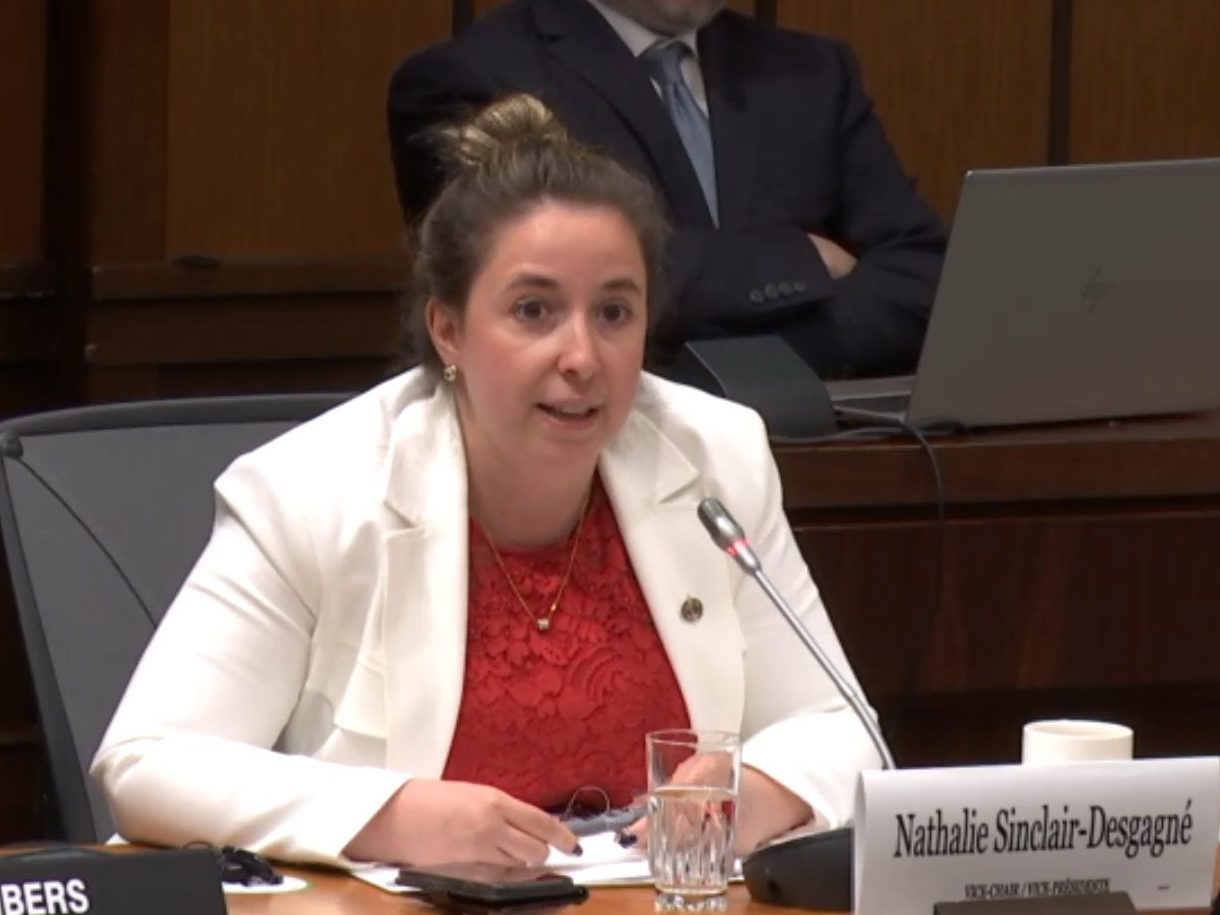
“He is patching the holes, whereas what the PSPC and the procurement system needs is a major reform,” said Bloc Québécois MP Nathalie Sinclair-Desgagné (Terrebonne, Que.) in a June 14 interview with The Hill Times. “I’m not seeing that effort from Minister Duclos. [The government needs to] repair the mistakes, recover the funds.”
Sinclair-Desgagné is the vice-chair of House Public Accounts Committee, which has been probing the ArriveCan application since the beginning of this year.
“We’re not patching holes, we are covering everything,” Duclos said in response. “[The companies involved] have lost their contracts. They are not part of the standing offers list anymore.”
In March, the federal government suspended three companies embroiled in the ArriveCan controversy—GC Strategies Inc., Coradix Technology Consulting, and Dalian Enterprises—and revoked their security clearances. Duclos did not provide further details on how funds would be recovered from these companies if fraud is detected, citing the ongoing RCMP investigation.
PSPC also did not replace the non-competitive National Master Standing Offer with McKinsey and Company which expired in February 2023. Hogan’s investigation into $200-million worth of federal contracts awarded to McKinsey and Company found “a frequent disregard” of federal contracting rules.
Procurement Ombud Alexander Jeglic’s report concluded that the federal departments changed their procurement strategies and methods, allowing the firm to secure millions of dollars worth of contracts, which the ombud said creates “a strong perception of favouritism.”
PSPC revealed on March 20 that it uncovered three cases of fraudulent billing amounting to nearly $5-million by three subcontractors working on information technology contracts. The fraudulent activities spanned multiple federal departments from 2018 to 2022, and are not related to ArriveCan.
The department said at the time that these individuals submitted inaccurate timesheets, and billed multiple departments under separate contracts. PSPC has responded by revoking the security clearances of these subcontractors.
Duclos did not provide any updates on the three cases of fraudulent billing referred to the RCMP by his department. However, the minister did mention that he has recently been briefed on the matter, and expressed confidence that progress is being made. An update on another five to 10 cases is likely to be made public in the next few weeks, he said.
The probes into ArriveCan revealed deep-rooted issues in procurement, and a tangled web of contractors, subcontractors, and public servants. But the work that PSPC is undertaking to improve the procurement system goes beyond targeting these specific issues, according to Duclos.
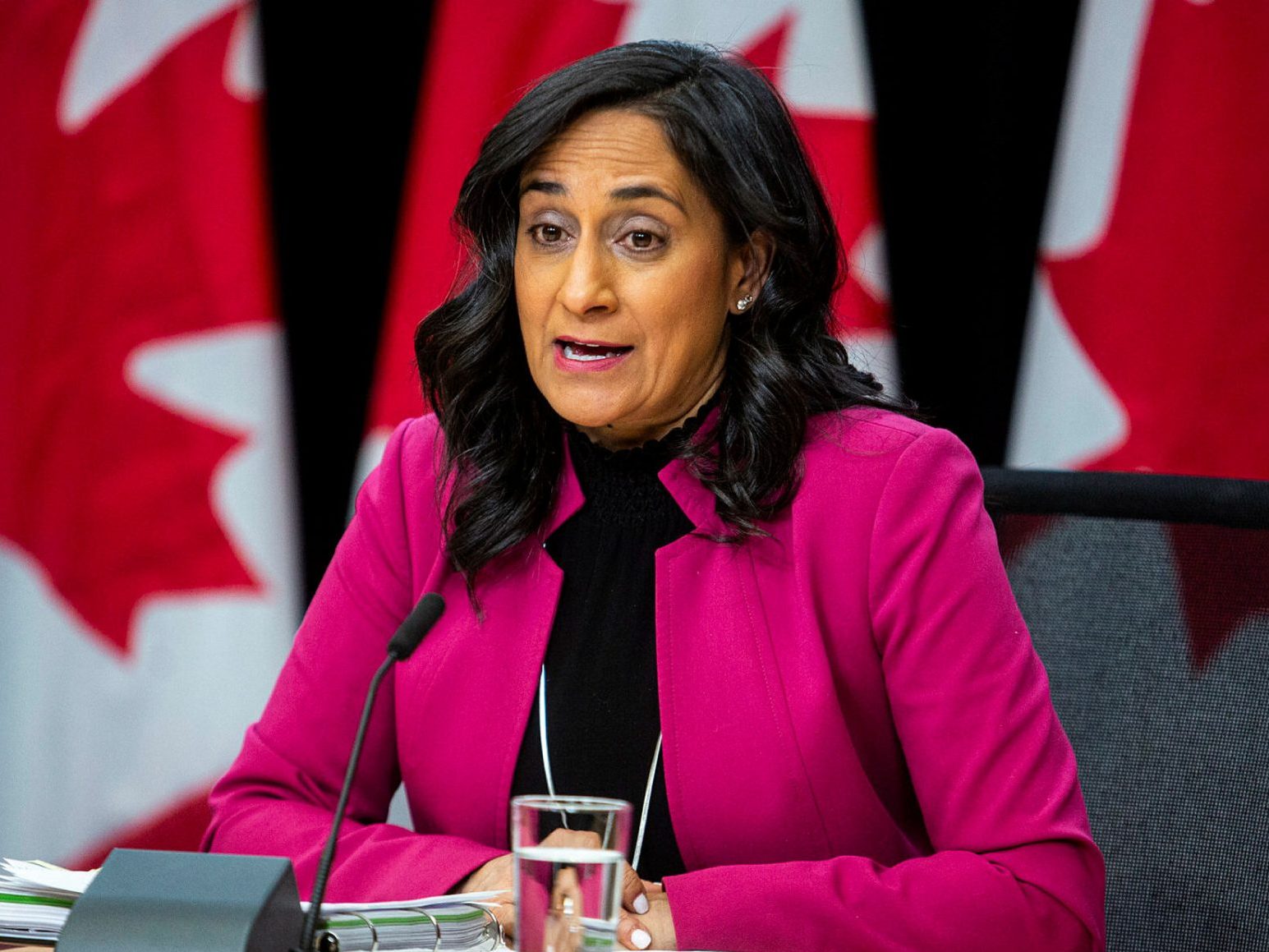
PSPC and the Treasury Board announced a series of new measures this past spring to bolster the government’s procurement and integrity regimes. This included the May 31 launch of a new Office of Supplier Integrity and Compliance program to bolster PSPC’s capacity to identify and respond to misconduct. The government is also implementing revisions to the Ineligibility and Suspension Policy, expanding the criteria for supplier suspension or debarment.
Duclos said the new measures are “good news for everyone” because they are “going to relieve pressure on contractors,” and “the burden of the public service” with digitized records to help with collection and sharing information.
“We don’t need more rules. We just need the rules to be more efficiently applied, and to be accompanied by proper documentation, behaviour, and activities,” said Duclos.
Some experts say with new measures added on top of the already-cumbersome procurement process, the challenges could become more pronounced, especially when trying to launch large-scale, high-risk contracts.
‘There will always be need for external contractors’: Duclos
Another recurring theme in procurement discussions has been the federal government’s heavy reliance on outsourcing essential work. This reliance partially stems from challenges caused by the pandemic, according to Duclos, but “there will always be a need for external contractors” as the “capacity within the public service is obviously not perfect.”
“There are things that we will always need outside support to help the public service provide services to Canadians. There will always be a need for a partnership between domestic firms [and the government], including consultancies to help support public servants do their job,” he said. “However, that is going to be less needed in the years to come because we expect not to always be in an emergency situation, [such as] COVID-19.”
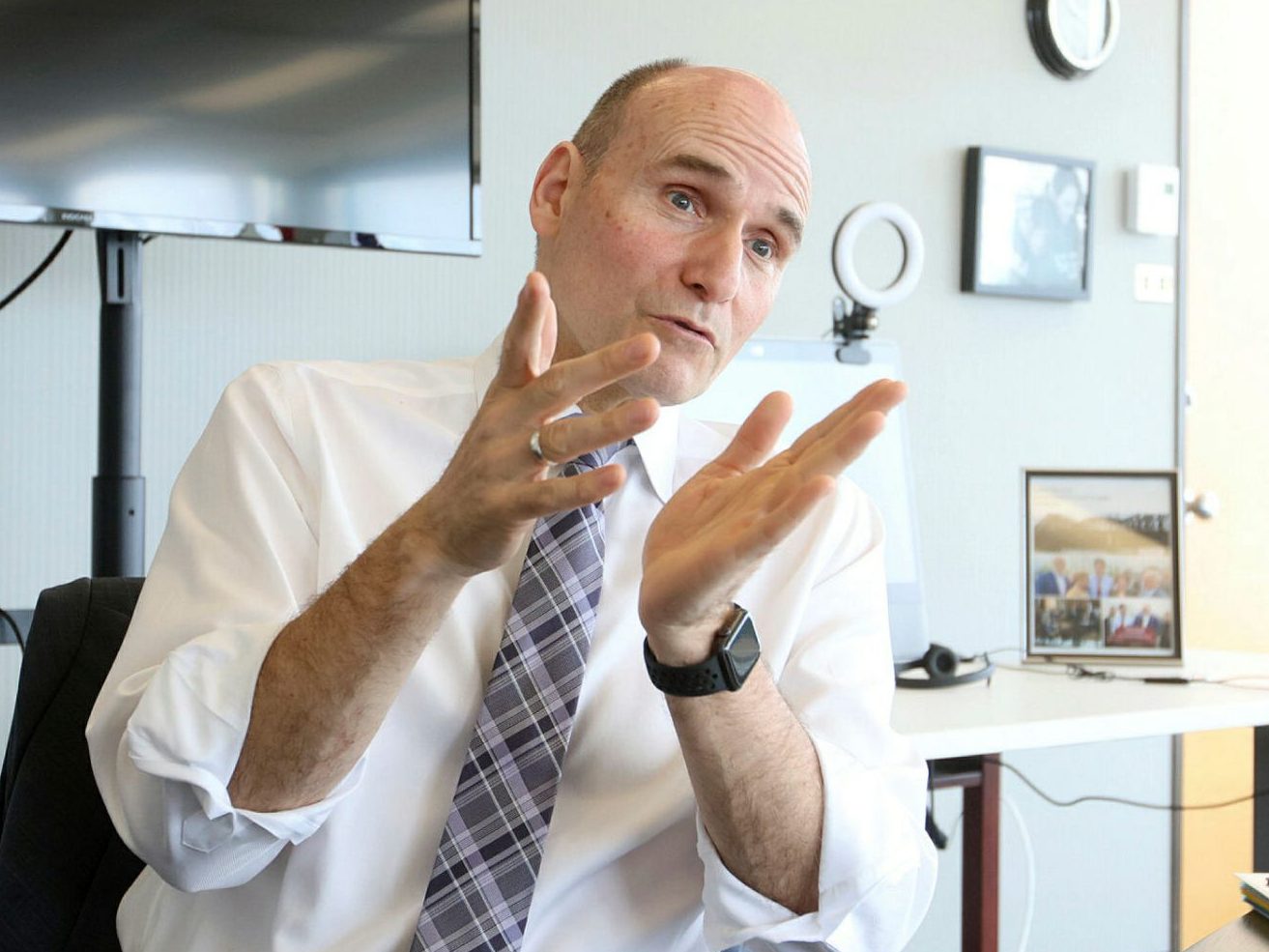
The federal government has been working on reducing dependency on external contractors to do essential government work. On May 29, Duclos told the House Government Operations and Estimates Committee the government is working on cutting spending on professional services by 15 per cent. The spending reduction of $500-million on consulting, other professional services, and travel in 2023‑24 was something proposed in the 2023 budget. According to the Parliamentary Budget Officer’s February report, of the $500-million proposed to be cut, $350-million relates to professional services.
Duclos said this trend is expected to continue as the government builds up the internal capabilities of the public service.
Information technology services is one of the areas that needs improvement in the public service, according to Duclos. Optimizing the relatively new electronic procurement system will enhance efficiency within PSPC, and “put greater discipline into” the procurement process.
“There were almost no contracts [before] that were managed in a way that would secure the collection, the storage and the sharing of important data and all sorts of processes. That system not only nudges but forces public servants to collect that data and to make it available to other departments and agents of the government—like the auditor general—to do their work,” said Duclos.
“It also helps public servants to be more comfortable [working] with information technology as opposed to too often requiring the services of external support to do that.”
The purchase of a new electronic procurement system was announced in Budget 2018, supported by a price tag of $196.8-million over five years.
Before and during the pandemic, only a small proportion of contracts were processed electronically, whereas now 98 per cent of all contracts go through the e-procurement system, the minister said.
Despite the long-standing challenges in procurement, the department—which oversees about 400,000 contracts, and manages about $30-billion dollars per year—is successful overall, Duclos said, pointing to the roll-out of the Canadian Dental Care Plan.
“The reason we don’t speak about the new Canadian dental care plan is that it is going really well. In Canada, we are almost at 50 per cent registration for dental care providers, hygienists, dentists… In Quebec almost two-thirds of them registered,” he said.
Budget 2023 announced an investment of $13-billion over five years, starting in 2023-24, and $4.4 billion ongoing, to implement the plan. In December 2023, the federal government awarded Sun Life a five-year contract worth $746.7-million for the rollout of the plan.
The first phase of the dental care plan kicked off on May 1, for about 1.9 million seniors. This was a key demand from the NDP as part of its supply-and-confidence agreement with the governing Liberals.
ikoca@hilltimes.com
The Hill Times






 LICENSING
LICENSING PODCAST
PODCAST ALERTS
ALERTS













